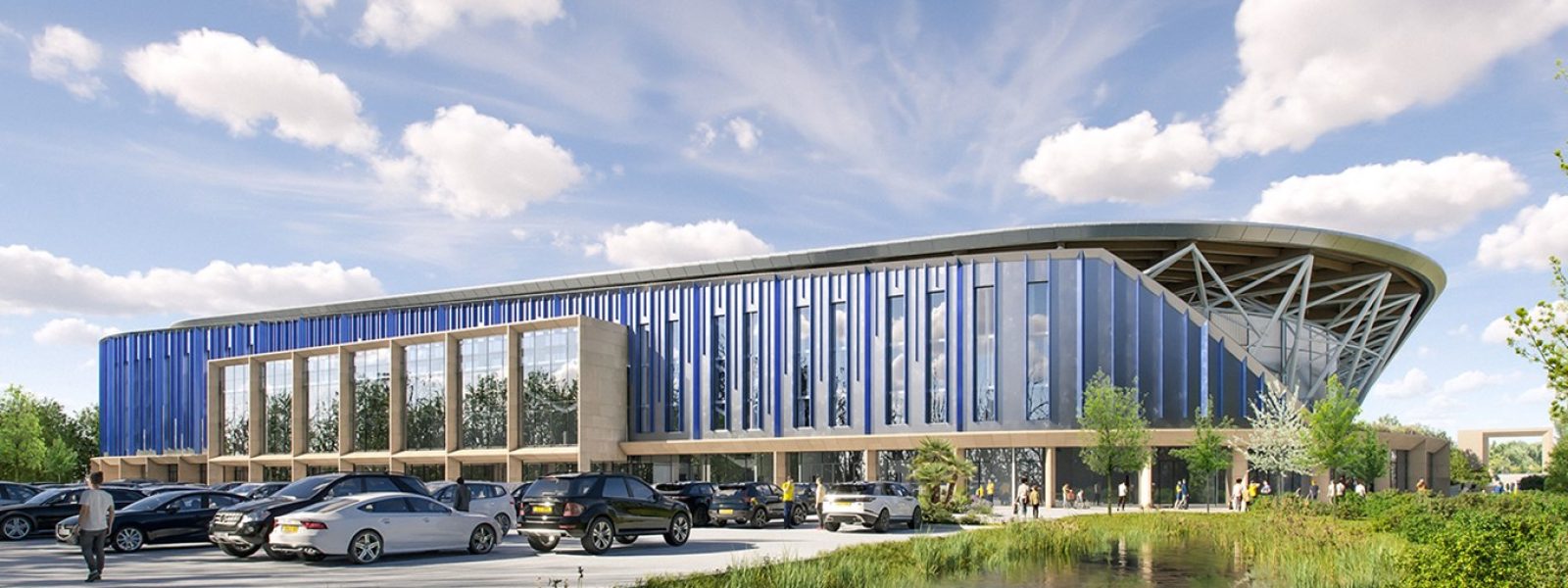Oxford United Football Club can confirm it has formally submitted additional information to Cherwell District Council following requests by them, Oxfordshire County Council and key consultees.
The extensive documentation relating to plans for the new stadium application cover matters including transport and ecology, with additional surveys being undertaken over the past six months.
The Club has made notable improvements to aspects of the transport strategy, including:
- a threefold increase in the provision of stadium cycle parking from 150 to 446 spaces
- major highways infrastructure enhancements with a new footpath and cycleway along Frieze Way, which will link the site with Pear Tree Park & Ride providing enhanced sustainable transport options
In addition, updated modelling demonstrates minimal impact on the local transport and road network, restricted to Men’s First Team fixtures only. Buses and bicycles will now be able to pass through limited matchday diversions on Oxford Road unaffected, with cars only diverted along Frieze Way for a short period before and after games.
Jonathan Clarke, Oxford United Development Director, said: “This is a significant, positive milestone in the planning process and our journey towards developing a world-class stadium the whole of Oxfordshire can be proud of.
“Requests for additional information are standard practice with large developments. We have undertaken extensive work to respond to these requests and this has resulted in an improved scheme.
“This is an incredible project that will not only secure the long-term future of the Club, it will also deliver an extensive range of benefits for our neighbours and local communities.”
The plans to build a 16,000-capacity eco-friendly stadium on land known as the Triangle north of Oxford include a health and wellbeing space, community gym and plaza, 180-bed hotel, restaurant and conference centre.
The landmark venue will deliver significant economic and social benefits to local communities and Oxfordshire, including the creation of jobs, boosting the visitor economy, improving transport links, enhancing green spaces, supporting local charities, sports groups, schools and colleges. The visitor experience has been placed at the heart of the design, and it would be the first all-electric stadium in the UK.
Ends


